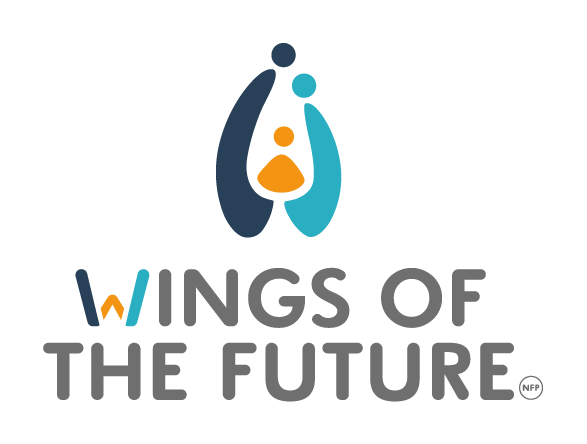Healing Abandonment Trauma with Self-Compassion and Self-Empathy
Introduction:
Abandonment trauma can be one of the most challenging emotional wounds to heal. Whether it stems from childhood experiences, past relationships, or any other source, the scars of feeling abandoned can linger for a lifetime. However, there is hope for healing, and it begins with the powerful practices of self-compassion and self-empathy.
Understanding Abandonment Trauma:
Abandonment trauma is rooted in the emotional pain caused by feelings of rejection, neglect, or abandonment. This trauma often creates a deep-seated fear of being left alone or unloved, leading to a constant need for external validation and approval. The effects of abandonment trauma can manifest in various ways, such as anxiety, depression, low self-esteem, and difficulties in forming healthy relationships.
Self-Compassion: The First Step:
Self-compassion is the practice of treating ourselves with the same kindness and understanding we would offer to a friend in times of suffering or struggle. When dealing with abandonment trauma, self-compassion is the first and most crucial step towards healing. Here’s how to start:
Self-Reflection: Begin by acknowledging your abandonment trauma and the pain it has caused. Understand that it’s okay to feel hurt and that your feelings are valid.
Self-Love: Treat yourself with the love and care you deserve. Practice self-care routines, engage in activities that bring you joy, and prioritize your well-being.
Self-Kindness: Be gentle with yourself, especially during moments of self-doubt or self-blame. Remember that you are not responsible for the abandonment you experienced.
Self-Empathy: Connecting with Your Inner Child
Self-empathy is the process of connecting with your inner child—the part of you that experienced abandonment trauma—and offering comfort and understanding. Here’s how to practice self-empathy:
Inner Child Empathy Exercises: Find a quiet space and close your eyes. Imagine your younger self, the one who experienced abandonment. Picture them feeling scared or alone. Hold that image in your mind. I start to say I’m here for you and I’m ready to listen and tell your younger self to take all the time to heal this this abandonment from their parents or family who ever abandoned them.
Comfort Your Inner Child: Speak to your inner child in a soothing and compassionate tone. Tell them that you are here for them now, that you love and accept them just as they are.
Reassure Your Inner Child: Let your inner child know that the abandonment was not their fault. Explain that you are committed to healing and providing the love and support they need.
The Power of Forgiveness:
Forgiving yourself and others involved in your abandonment trauma is a significant step in the healing process. Understand that forgiveness does not mean condoning or forgetting the past but releasing the emotional burden that keeps you stuck.
Self-Forgiveness: Forgive yourself for any perceived mistakes or shortcomings related to your trauma. Understand that you did the best you could at the time.
Forgiving Others: Forgiving those who may have contributed to your abandonment trauma can be challenging but liberating. Remember that forgiveness is about setting yourself free, not excusing their actions.
Seeking Professional Help
Healing from abandonment trauma can be a long and complex journey, and it’s essential to seek professional help when necessary. Therapists, counselors, and support groups can provide valuable guidance and a safe space to work through your trauma.
Conclusion:
Healing abandonment trauma through self-compassion and self-empathy is a powerful journey of self-discovery and self-healing. By practicing self-compassion, connecting with your inner child through self-empathy, and embracing forgiveness, you can begin to release the grip of abandonment trauma and embark on a path towards a healthier, more fulfilling life. Remember, you are deserving of love, and healing is possible.
Krystal’s journey with empathy compelled her to write her book, ‘Deep Inner Soul Healing With Self-Empathy.’ Use this link to purchase a copy on Amazon: https://a.co/d/ibyzsYc
Krystal Boothe, LCSW -AUTHOR
CEO and Executive Director











